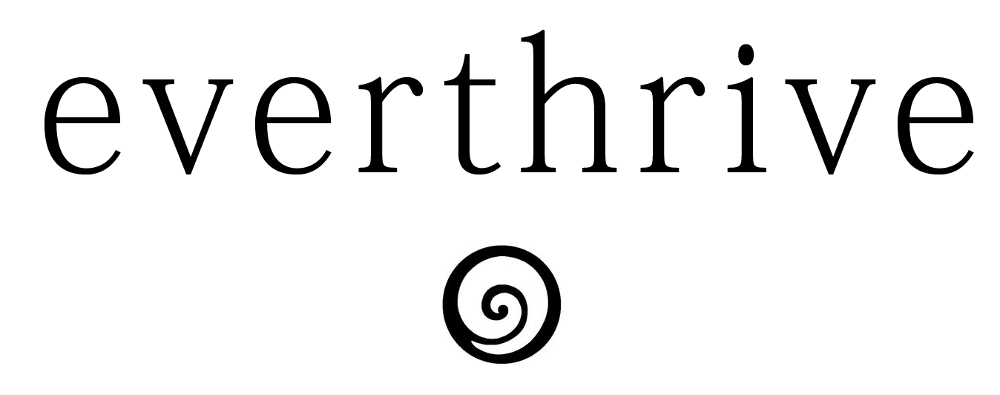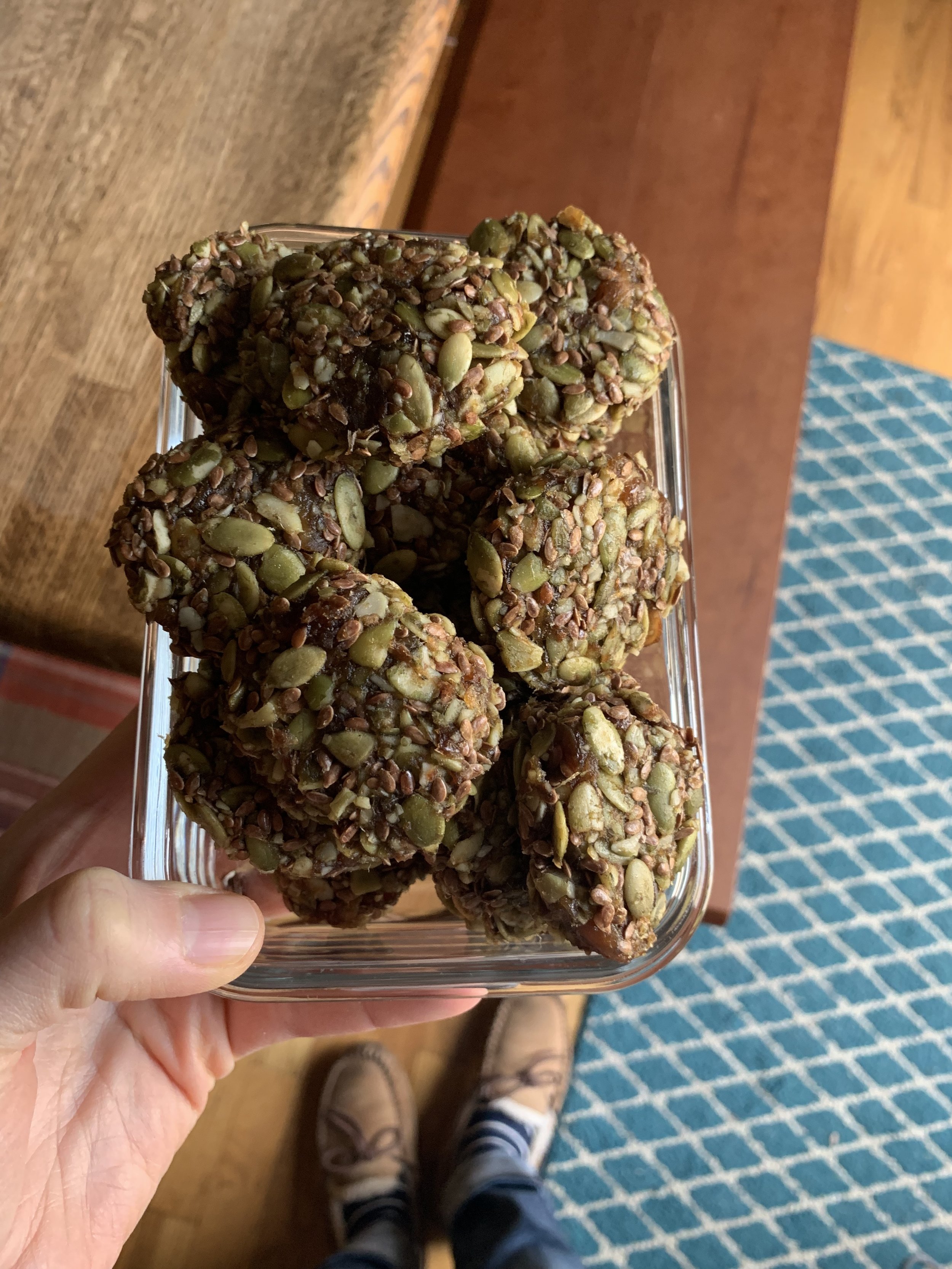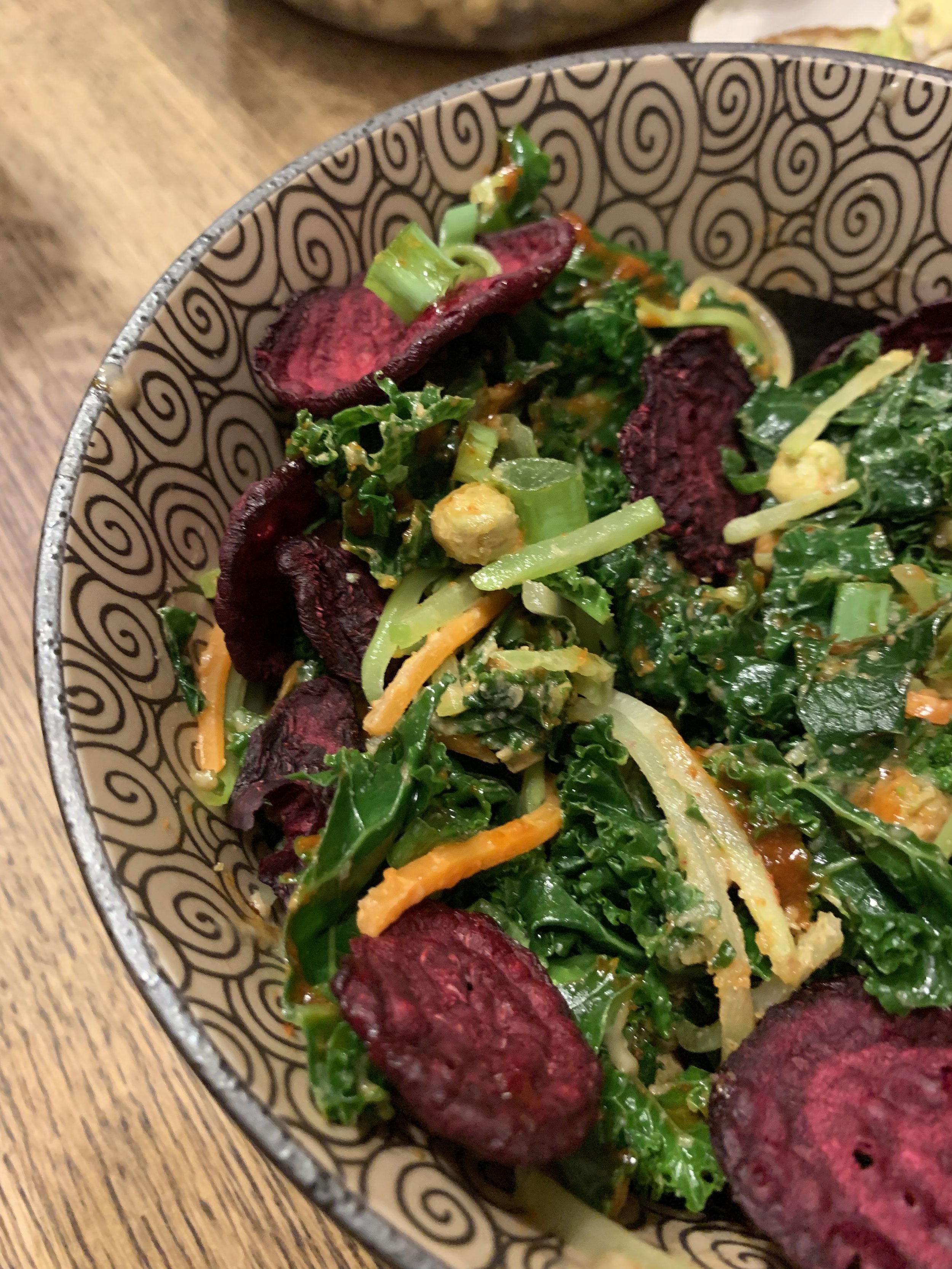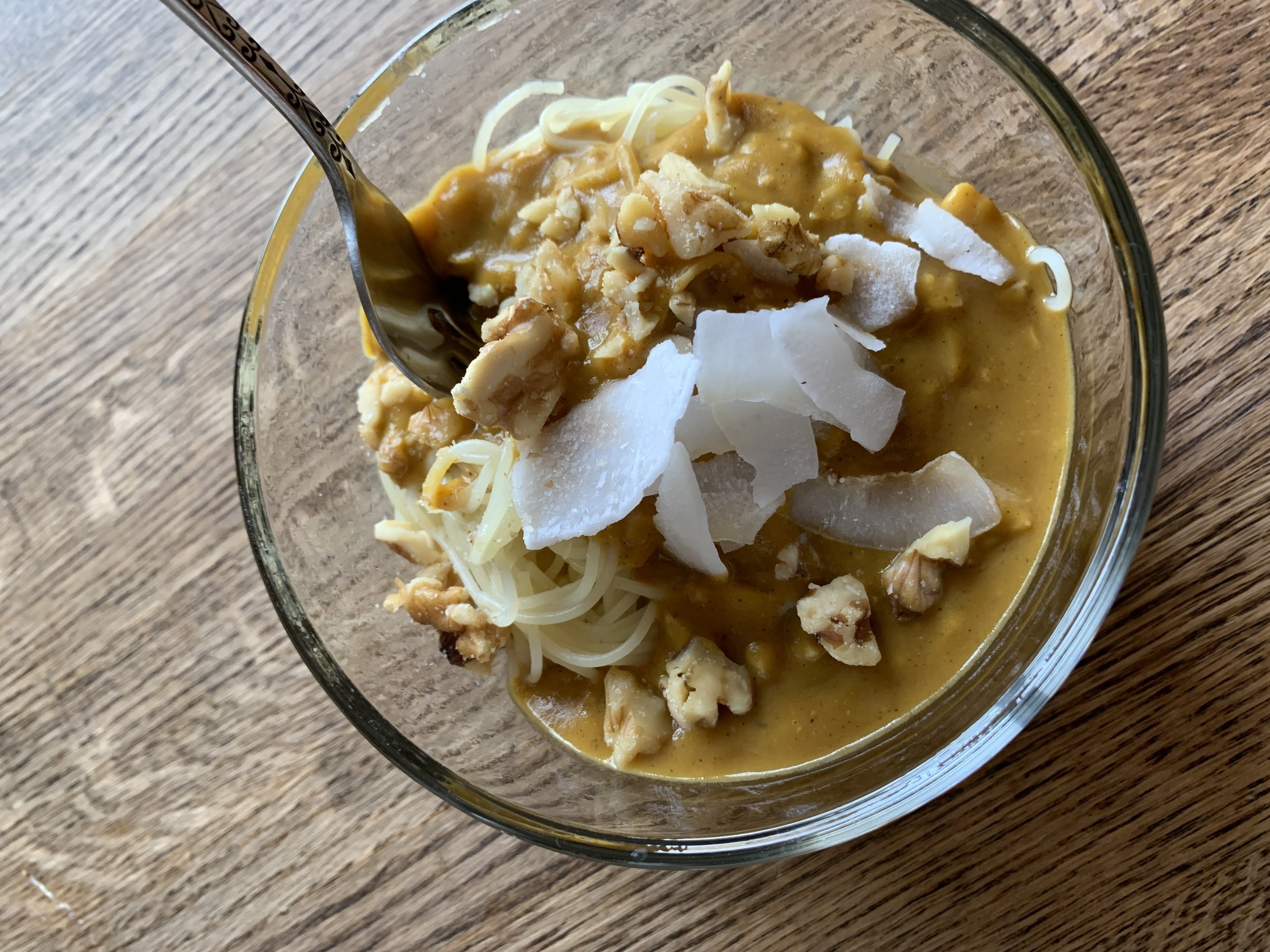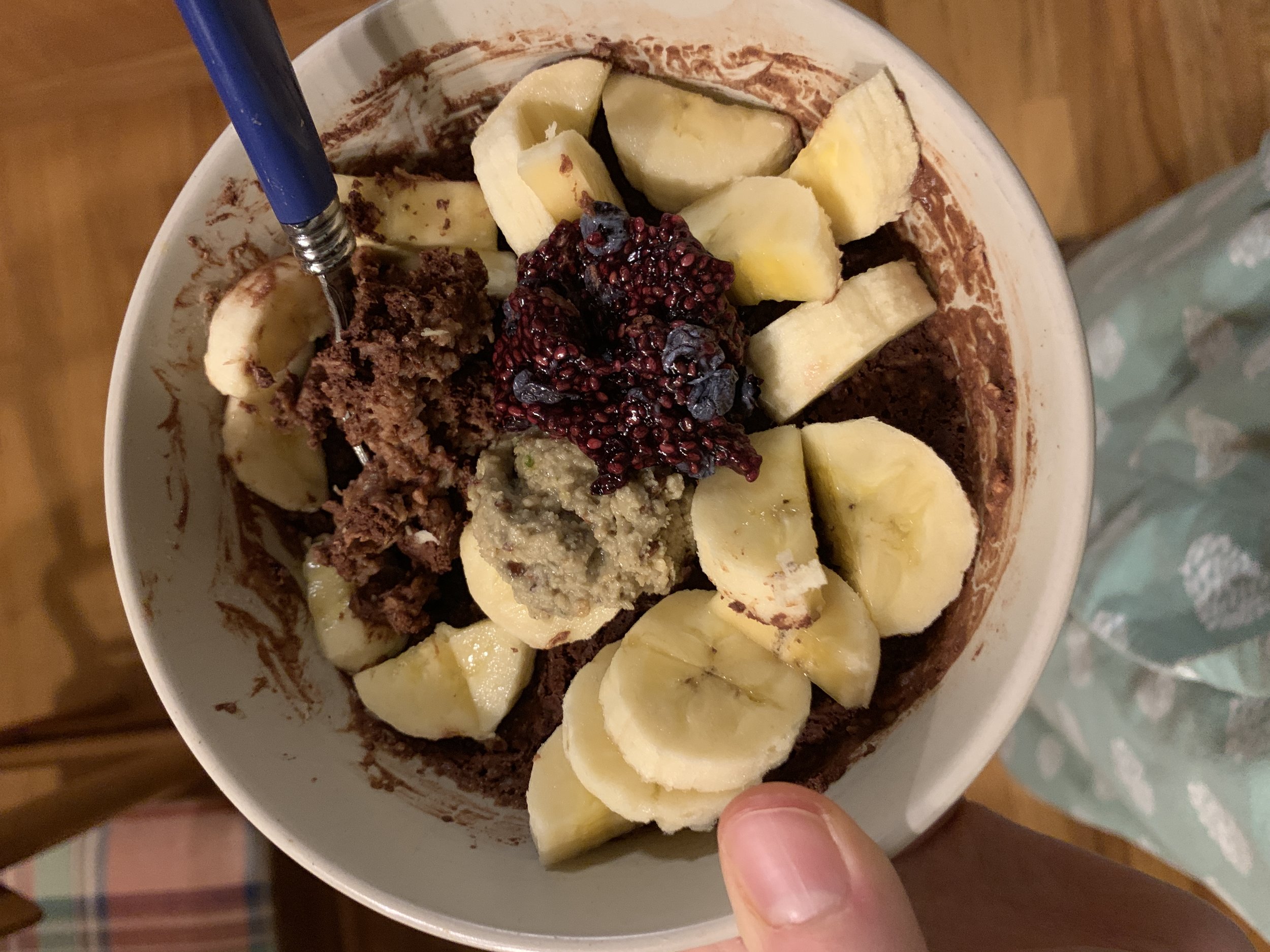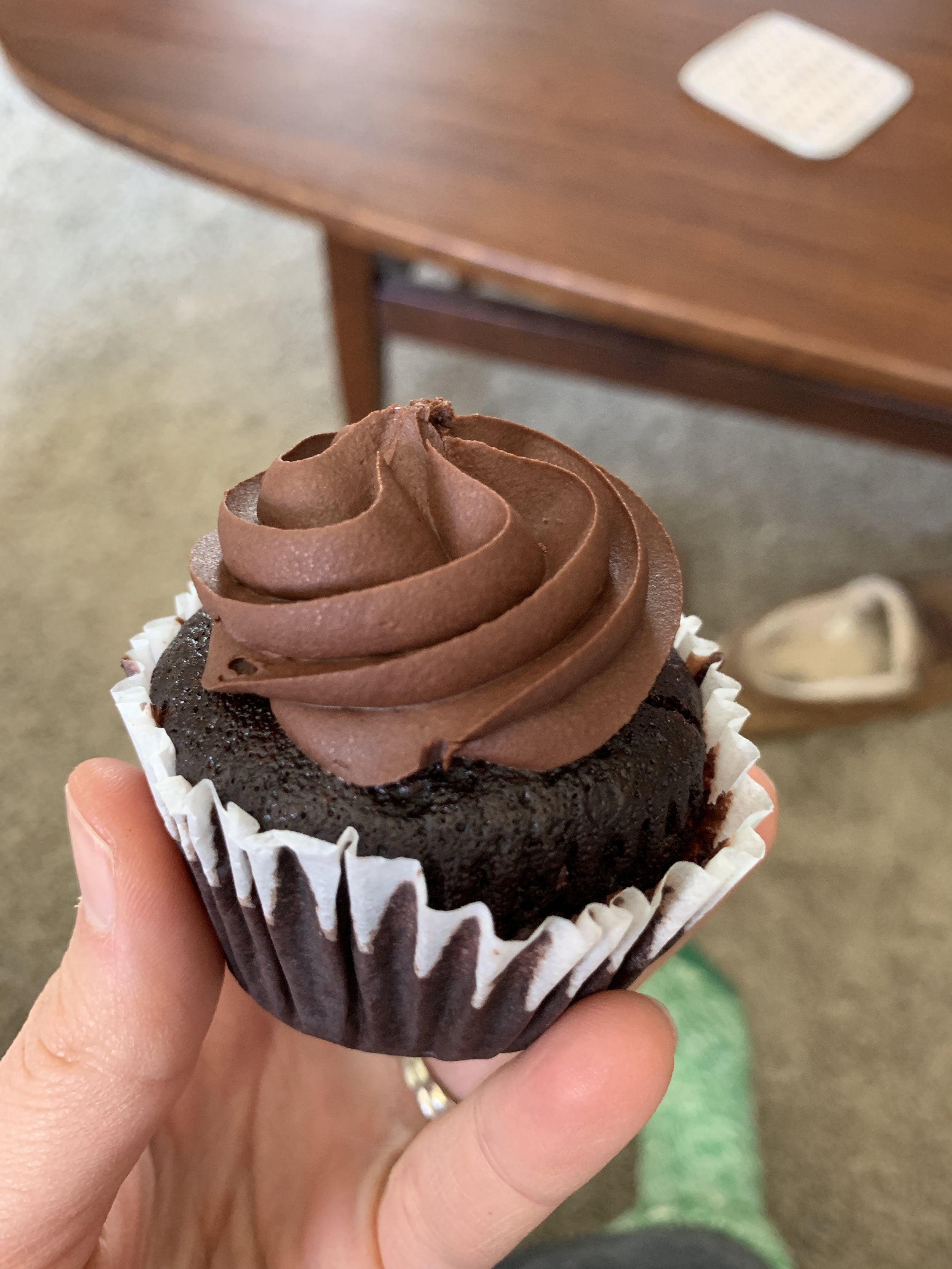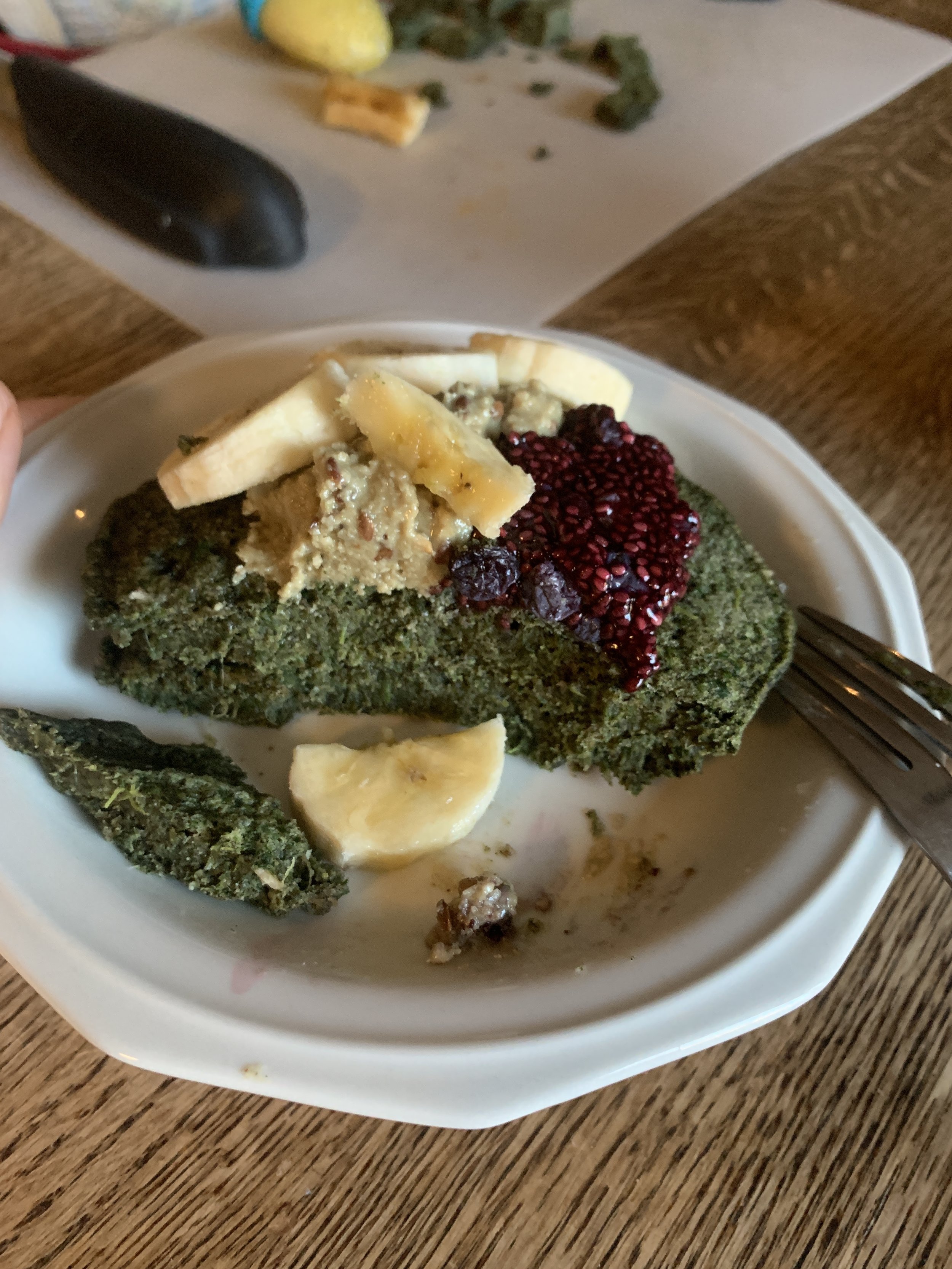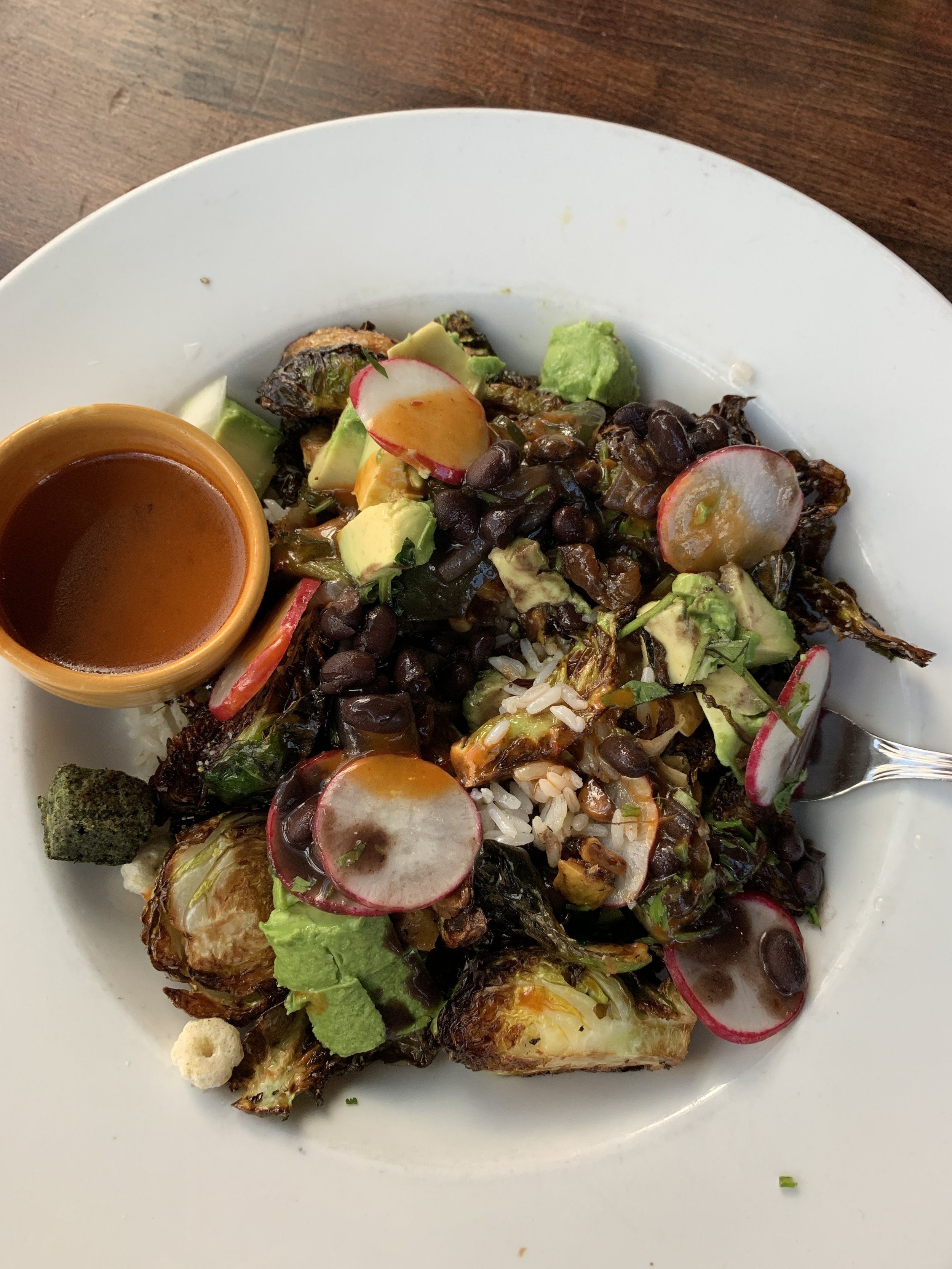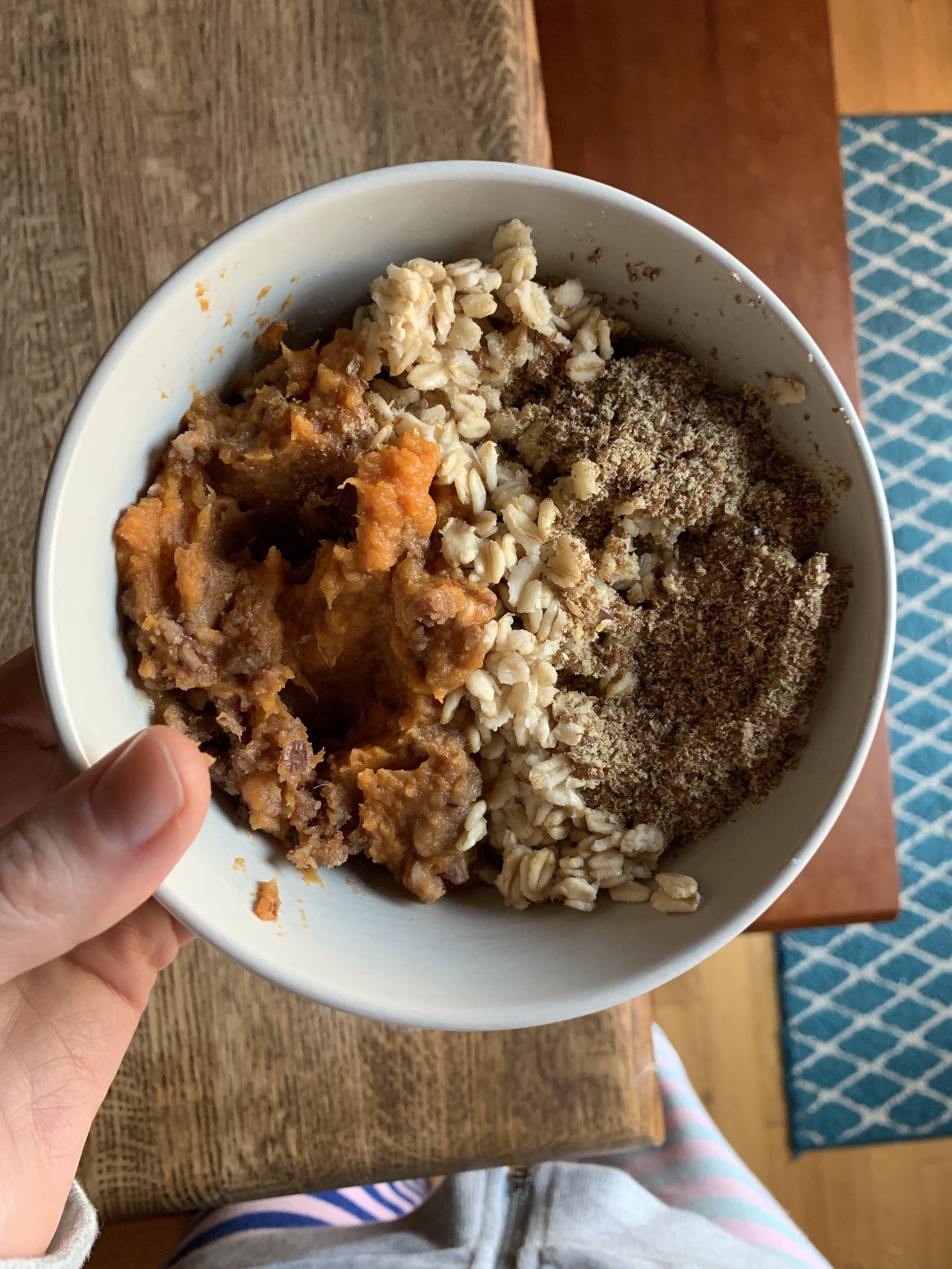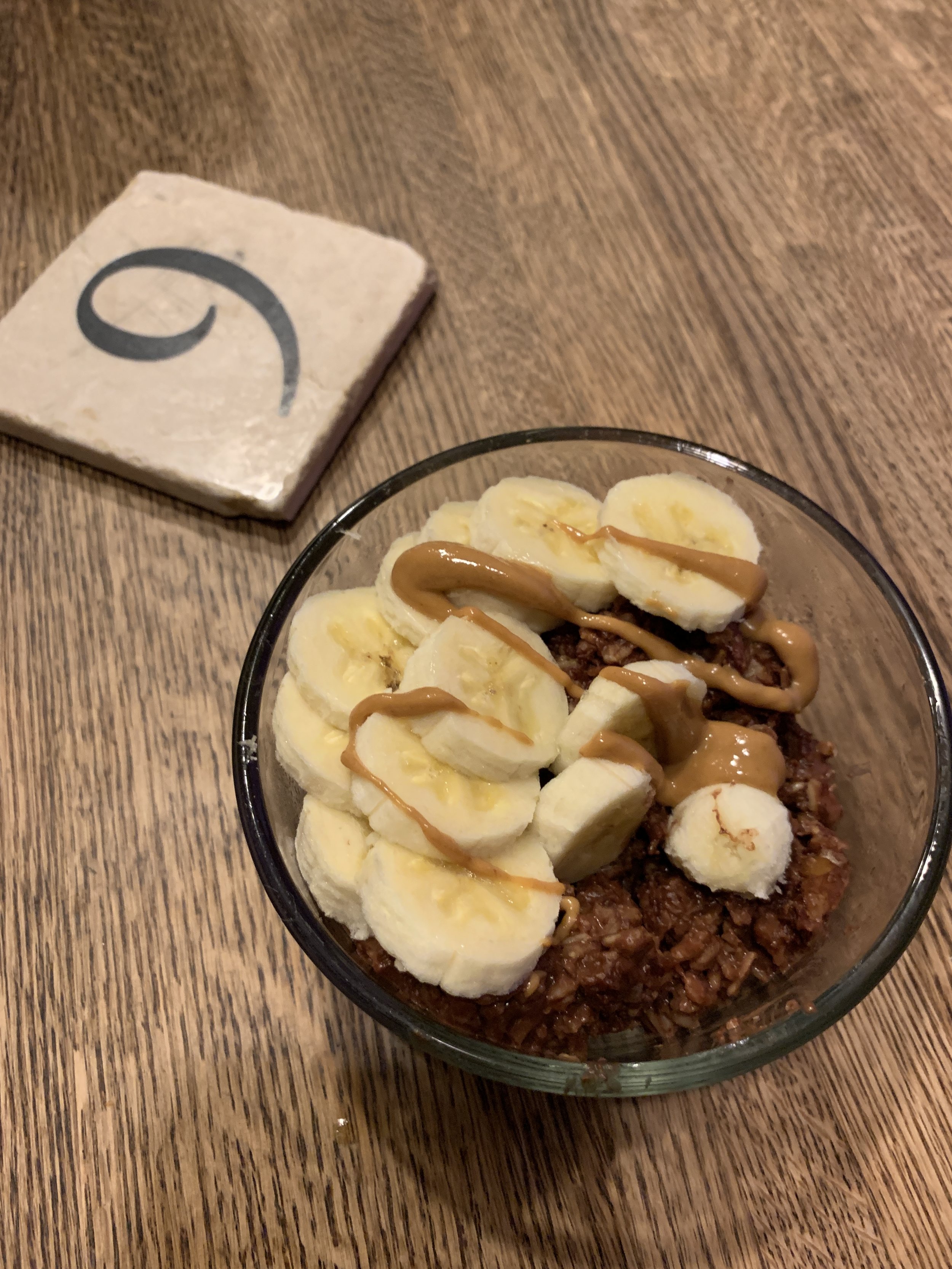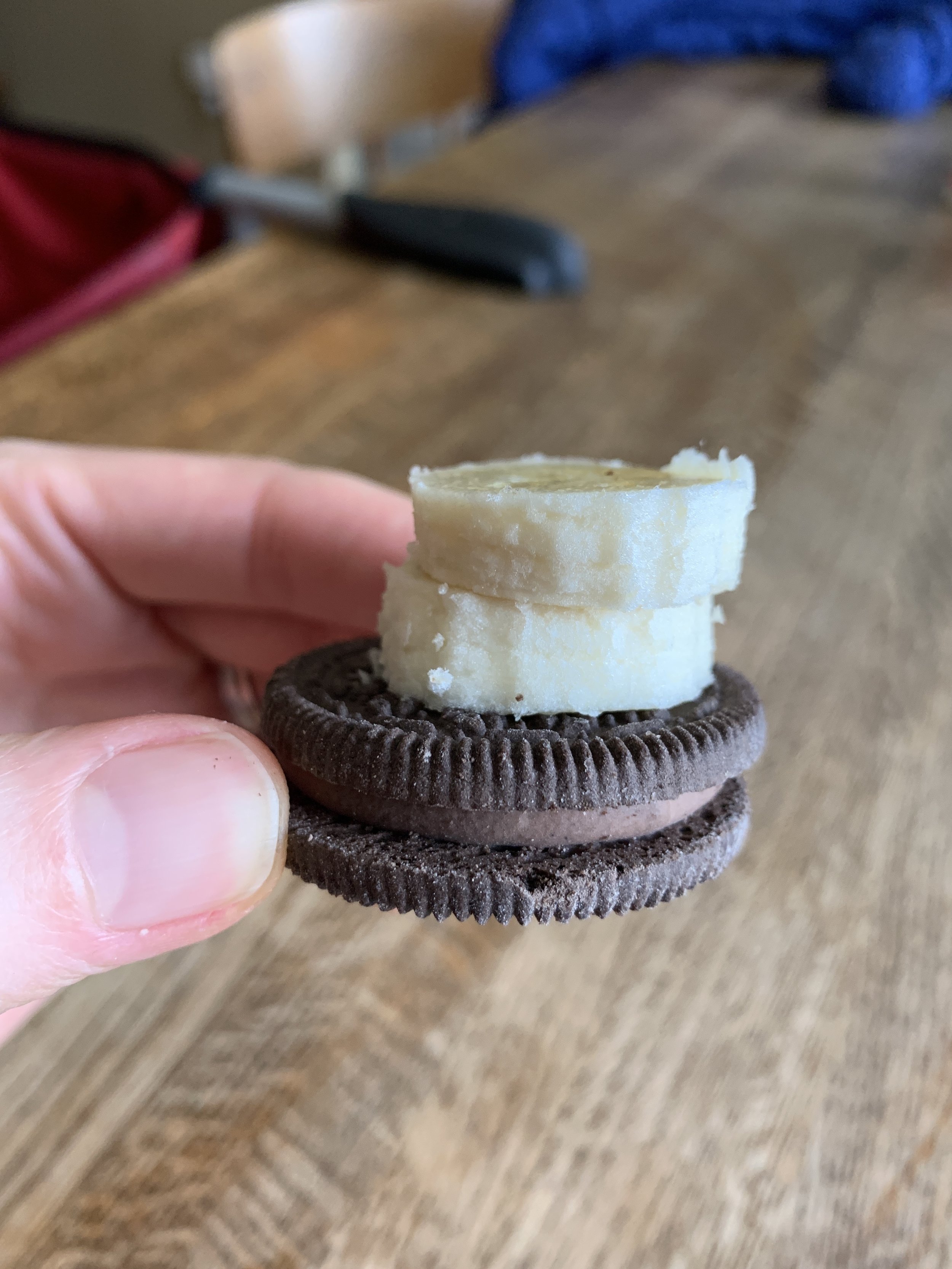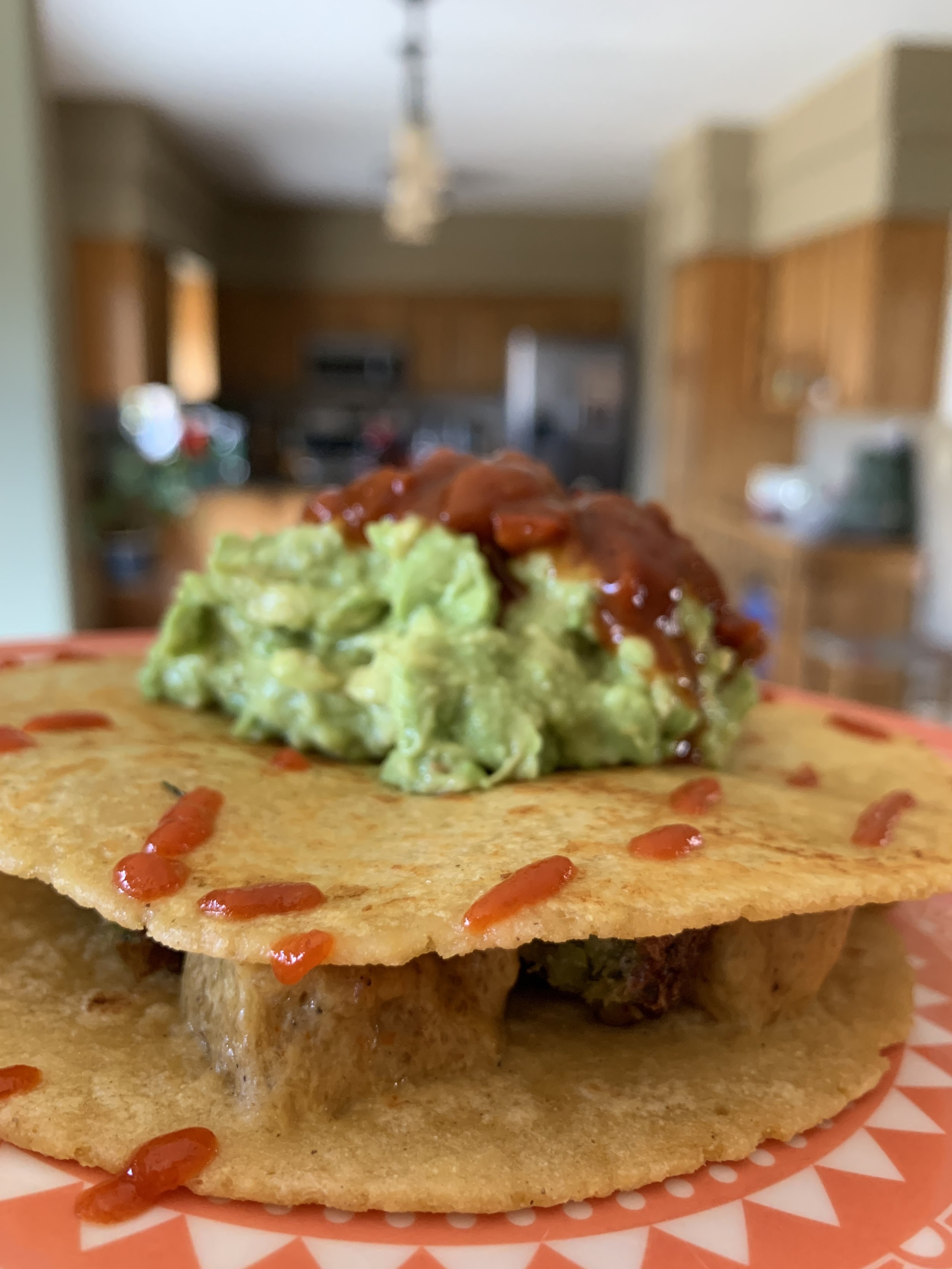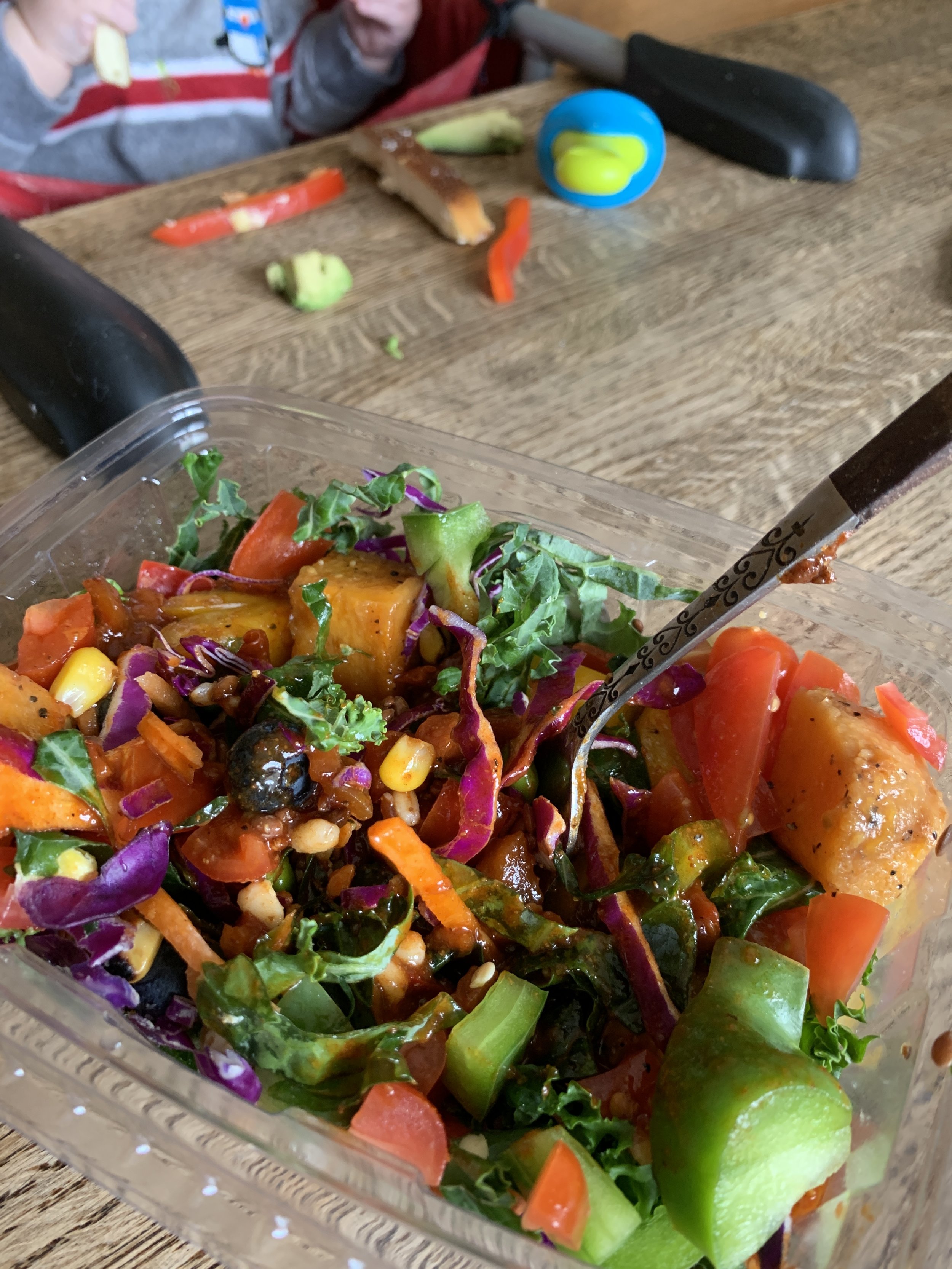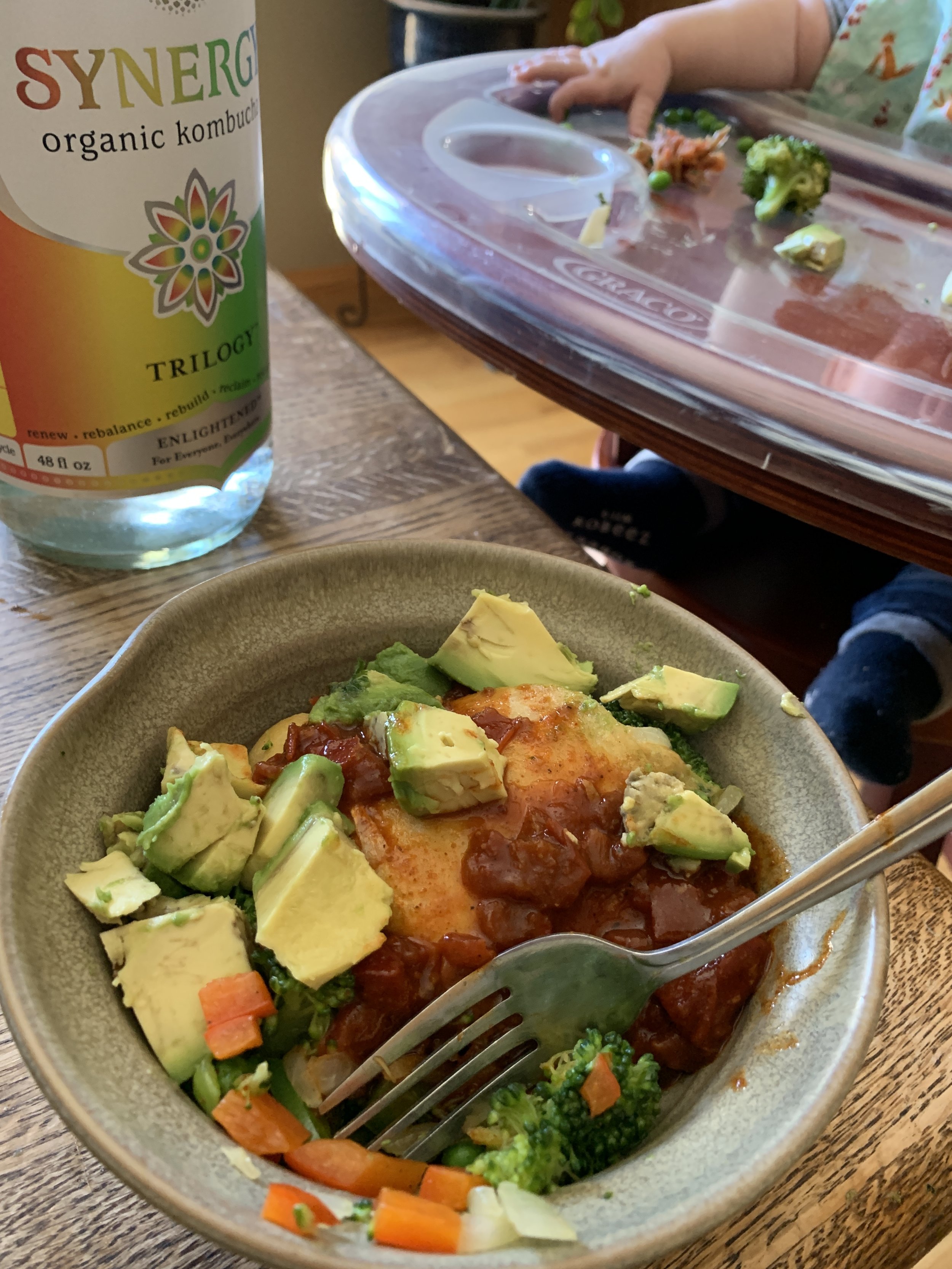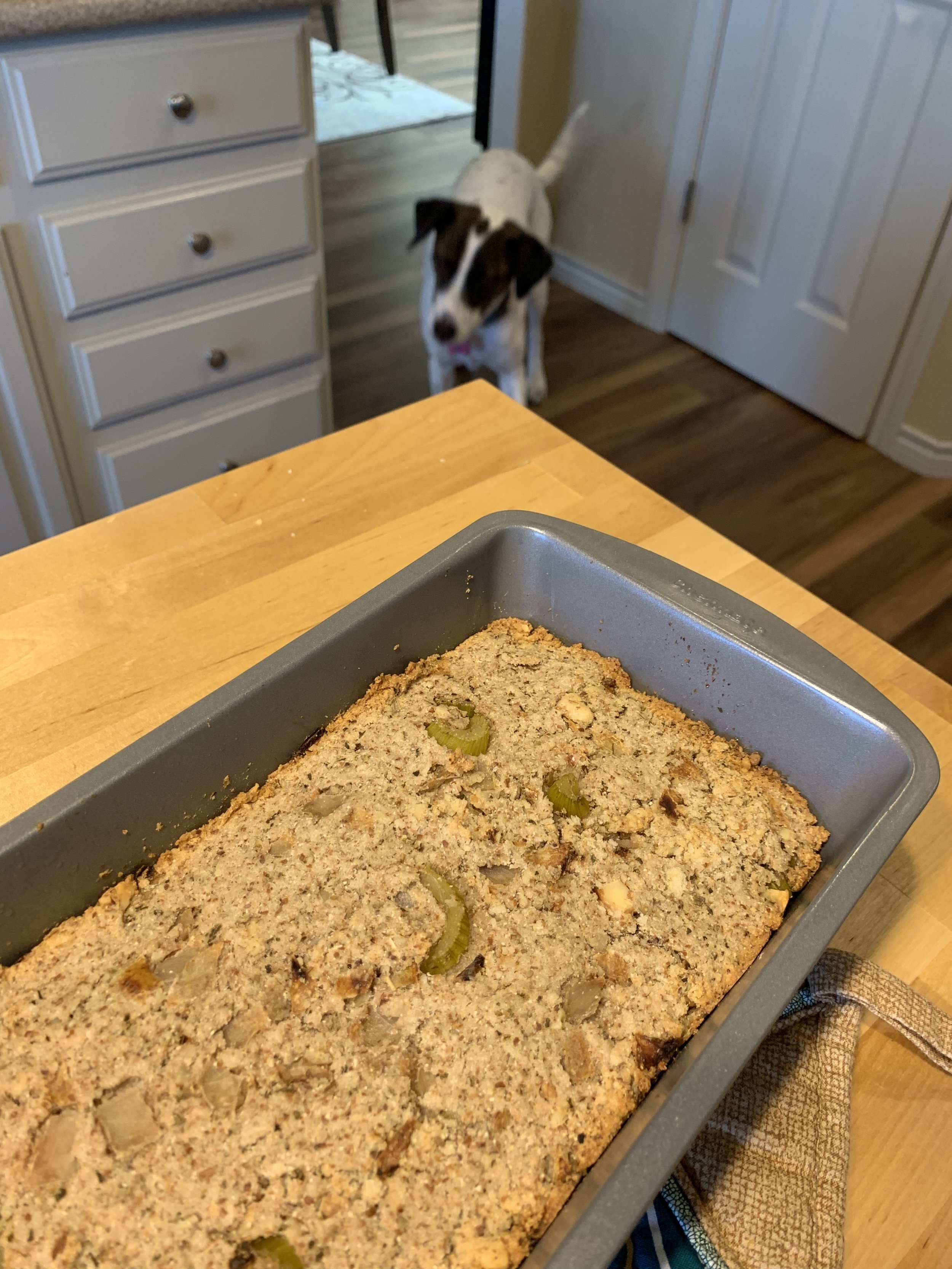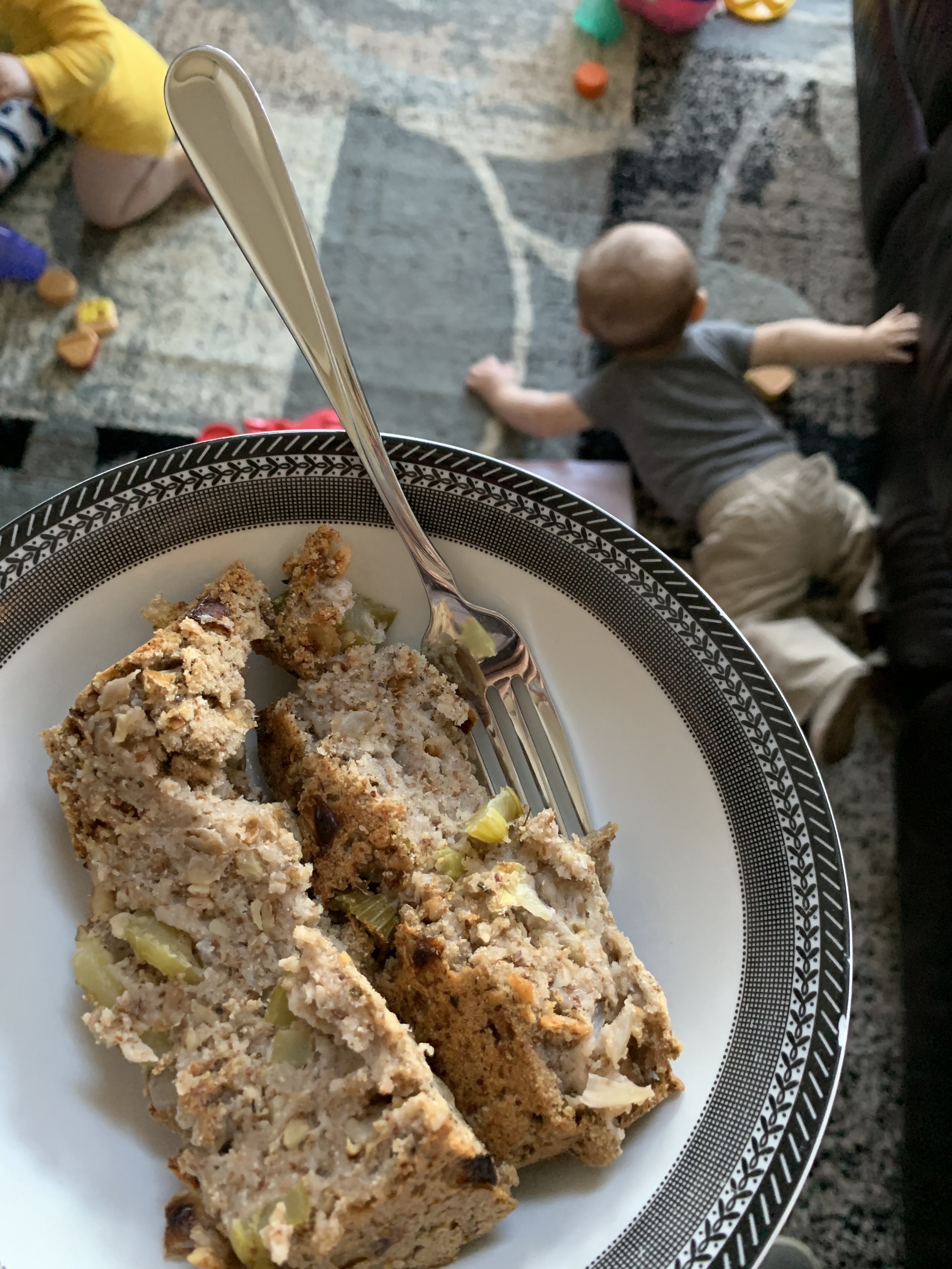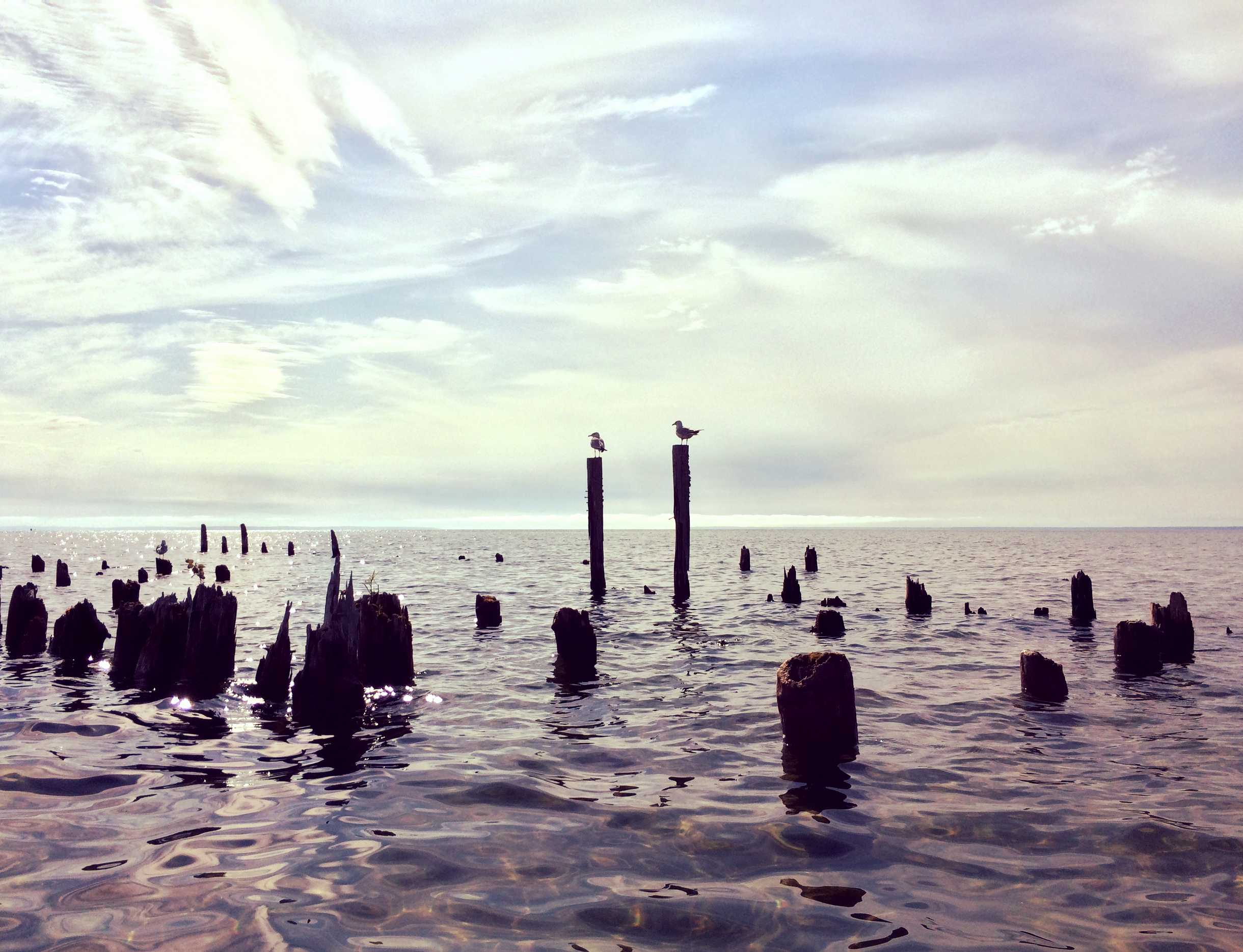How to Vote Mindfully
Politically charged times can be exciting for many of us.
When participating in political conversations and thinking about choosing the next president, the energy can be quite tangible. Many greet this time with great enthusiasm and vigor. However, if you’re like me, when thinking about the gravity of exercising our right as set forth by the 17th Amendment, you mostly feel anxious, restless, and lost in a sea of political media overload.
As we gear up for another election, we might feel that it is our duty to absorb as many news articles as possible. In our need to define and defend our beliefs as truth, and to feed our need to be shocked and horrified by other people’s views, some of us stay up late into the evenings absorbing information despite our stressed and sleep deprived states. We may know people who collect and respond to political memes and reply to comments on public Facebook posts, getting involved in online arguments with people they’ve never met before.
In politically charged times, we might say and do things that we otherwise wouldn’t have under different situations.
In our never-ending quest for truth, and in our need to shut down others with differing opinions, some of us may willingly create wedges and divisions, and incite arguments with our closest friends and family members. All of these actions and quick reactions accumulate in our minds and bodies. Over time, we may develop mental and physical ailments as a result of our politically-incited behavior.
In a recent survey of 800 people nationwide, many reported significant negative mental and physiological consequences of absorbing too much political media, especially by outlets that present false information or views different from their own. 25% of people reported that politics has led them to “hate” some people, and to “think seriously about moving away from their community.” And, about 15% reported remorse over things said in political conversations or regret about posting political content online.
It’s very difficult to be politically aware and also to be mindful of the damage the search for awareness may be causing. This brings up a question:
How can we define our political viewpoints and cast our votes mindfully while protecting our health in the process?
This is a challenging and nearly impossible feat. The best we can do is conduct ample research, know our options, and stay true to ourselves. If we adequately prepare for the task, and set up boundaries to ward off biased and false information, and pause before reacting to online posts, we will be able to greatly reduce our stress levels and reactive behaviors.
“Choose your leaders with wisdom and forethought” - Octavia Butler
Voting can be an open-hearted expression of what we care about. However, in this modern era of ample unreliable sources, how can we defend what we care about if we can’t trust the sources we have access to?
Know that your social feeds are biased, and that most popular news sources are funded by organizations and individuals who want you to think like them. Know that when you type something in an internet search, your query will be auto-completed in a specific way depending on where you are located in the country. Search engines also take into consideration our shopping habits, our political affiliation, and our browsing history (creepy!).
Above all, we need to keep in mind that popular media is always trying to sway our opinions, so it’s best to seek information from several different trustworthy sources.
But what sources can be trusted?
When I was teaching research skills to high school students, I answered this question quite a bit. I recommended that when students want to find information that is reliable, reputable, and mostly free from scandal, they use Google Advanced Search, and limit their results to domains such as .edu, .org, or .gov. (But keep in mind, Wikipedia is a .org, and not a reliable source of info since users can edit it.) Surround your search criteria with quotations to limit your results, and then browse from there.
In choosing candidates mindfully, it’s a great idea to refer to government-issued information booklets, as they present facts clearly, without bringing up moral and ethical implications of candidates’ past actions. We can then make an informed choice.
Know that our friends and family will have differing opinions. Instead of jumping straight into defending your position, we can ask them to help us understand: “Help me understand why you support so-and-so.” Voting mindfully involves understanding other opinions. Knowing the reasons behind why your aunt supports an opposing candidate may help you both find a point of connection. Perhaps you’ll realize that you both value safety and security, but have differing ideas on how to meet those needs.
Voting is a private choice, but who we vote for has public consequences. Nelson Mandela famously said that it is in our hands “to create a better world for all who live in it.” Let’s heed his advice, and think about all of those who will be affected positively by our vote. Let’s get rid of our inherent bias towards negative thoughts and election-based apocalyptic thinking. Let’s instead look for the good, which can alleviate stress, ground us in reality, and help us see that no matter what happens, we will persevere.
“Every election is determined by those who show up.” - Larry Sabato
“Showing up” to vote means something a little different this year, as many of us will be able to vote from home due to the ongoing pandemic. Take your ballot to a quiet spot in your house. Breathe, and bring awareness to the task. You’ve done your research, you already know what issues you stand behind. Then, make your choice. Show up for 2020, and vote with the future in mind.
